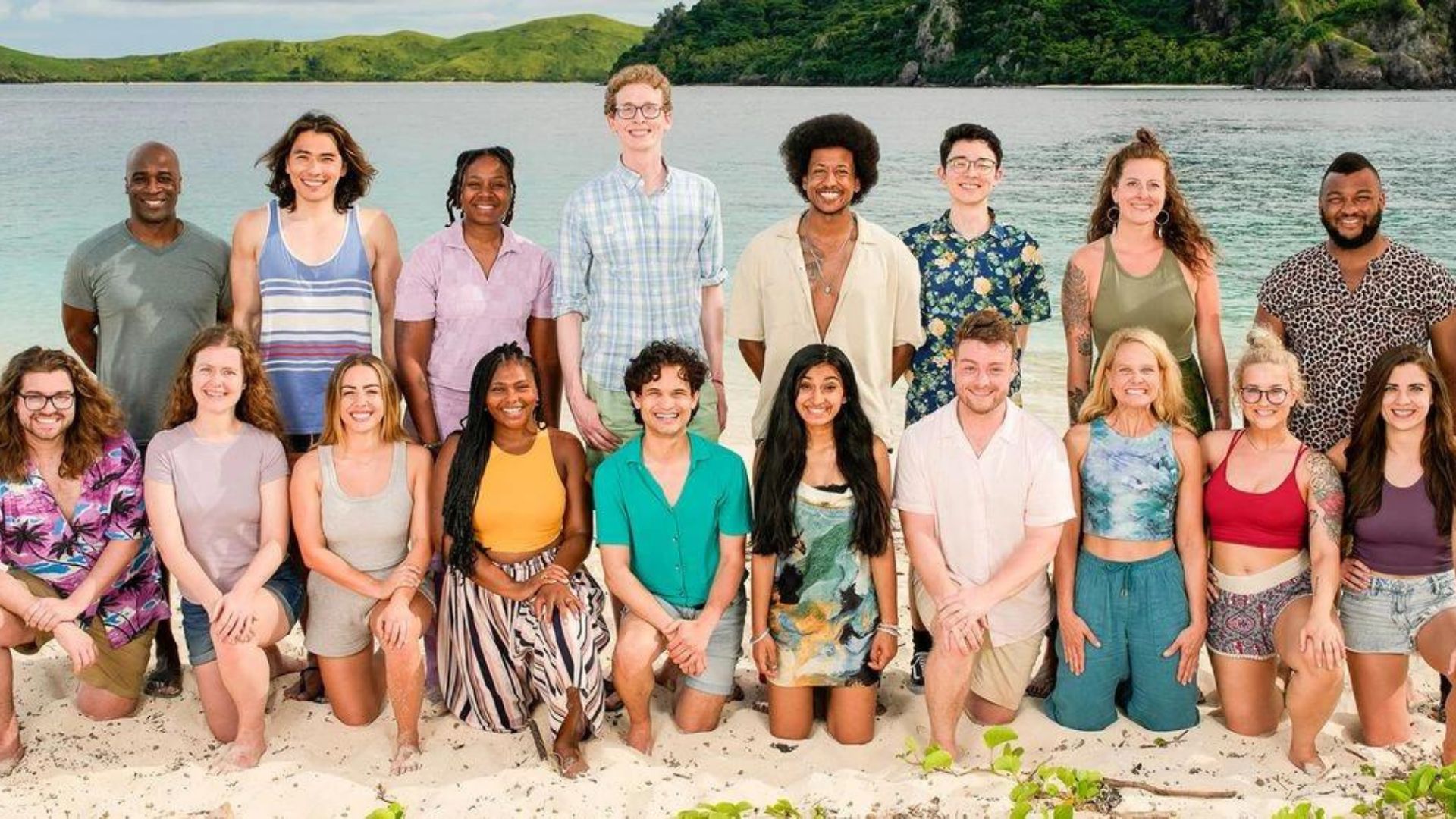The American iteration of the Survivor reality competition TV franchise is an adaptation of the original Swedish series Expedition Robinson, conceived by Charlie Parsons and first aired in 1997.
The American version made its debut on May 31, 2000, airing on CBS. It is presented by Jeff Probst, who serves as an executive producer alongside Mark Burnett and the franchise’s original creator, Charlie Parsons.
“In addition to the details shared so far, there is a widespread curiosity surrounding Survivor Season 45. In this article, we will delve into comprehensive information about the season. We will explore the series’ format and the various challenges it presents.”
Survivor Season 45 Pre-Merge: Brando’s Dilemma And Austin’s Move
In the first part of the pre-merge phase, Brando played a pivotal role as a mediator caught in the middle of the gender conflict within the Belo tribe. However, things took a different turn when the tribe swap occurred, landing the software developer in a completely new alliance with his weakest connection, Kendra, and three new tribe members.

Brando attempted to establish a connection with Drew based on their shared interests and even proposed the idea of voting out Kendra. Unfortunately, when Drew rejected this plan, Brando had to find a new ally.
As the vote approached, Emily found herself in a crucial position between the former Belo and Reba members. Ultimately, she aligned herself with the strong duo of guys, leading to Brando’s elimination.
After an Immunity Challenge, Austin, J. Maya, and Kellie faced a significant decision. They were presented with the choice of opting for sustenance in the form of sandwiches or prioritizing strategy by acquiring the “amulets” advantage from Survivor 42.
They opted for the latter choice. The amulets hold a collective power that depends on the number of amulets remaining in the game: three amulets grant an extra vote, two amulets enable a vote steal, and one amulet possesses the abilities of an idol.
Additionally, during Tribal Council, Austin made the strategic decision to sacrifice his vote to enhance the durability of his idol, allowing it to remain effective through all the tribal phases spent on one beach.
Also Read: Netflix’s Wednesday Renewed For 2nd Season: Fans Ecstatic
However, he later utilized the Goodwill Advantage, which had originally been given to Drew by Kaleb during a tribe raid, to regain his voting power. This meant that he did not need to forfeit his vote after all.
Survivor Format: Challenges, Merges, And Final Council
The inaugural season of Survivor in the United States closely followed the established format of the Swedish series. In this format, sixteen or more contestants were divided into two or more “tribes” and transported to a remote and isolated location, typically in a tropical setting.
They were tasked with surviving on meager supplies for a duration of 39 days (extended to 42 days in The Australian Outback and 26 days post-2021).
/cdn.vox-cdn.com/uploads/chorus_image/image/72723736/survivor_CBS.0.jpg)
Throughout the game, participants engaged in frequent physical and mental challenges, competing for rewards like food or luxuries, and, most importantly, for “immunity.”
Winning immunity ensured a contestant’s safety, as it prevented them from being voted off during the subsequent “Tribal Council.” When the game reached its midpoint, participants from both tribes united, marking the “merge” phase.
During the merge, contestants vied for individual immunity, with the winners securing protection from elimination at Tribal Council. Most players eliminated after the merge phase formed what is commonly referred to as the game’s “jury.”
Also Read: Anticipated Premiere And Production Of Tell Me Lies Season 2
As the group dwindled to two or three individuals, a crucial event known as the “Final Tribal Council” was held. At this council, the remaining contestants made their case to the jury members, hoping to win their votes and claim the title of Sole Survivor.

